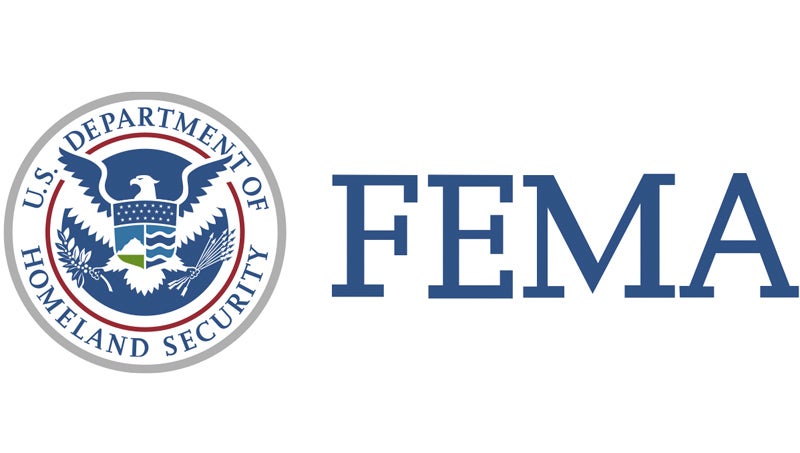FEMA explains what happens after victims file for federal assistance
Published 6:28 pm Monday, September 24, 2018
Victims of Hurricane Florence have filed for federal disaster assistance, with some assistance approved. What’s next for those who have been approved for recovery aid?
After filing for disaster assistance, an applicant might be contacted by a Federal Emergency Management Agency-contracted housing inspector to schedule an appointment for a housing inspection. That initial contact with a housing inspector might be by text or a phone call and may come from an area code different than the applicant’s. The inspection is needed to verify and assess damage indicated when an applicant registered. The inspection generally takes about 20 minutes to 40 minutes, but it could take longer. The inspector will want to see the damaged areas of the home, as well as damaged furniture and personal property. There is no fee for the inspection.
When a housing inspector comes to visit a home, the homeowner or his representative should ask to see a FEMA photo ID badge. If not shown photo identification, then do not allow the inspection. Disasters often bring out scam artists who prey on the needs of disaster survivors.
All FEMA-contracted housing inspectors will be able to identify and applicant by the unique nine-digit number assigned to the applicant when he applied for assistance. FEMA inspectors will never ask for this information. They already have it in their records. If an applicant is unsure if the inspector is with FEMA, call 800-621-3362 (TTY 800-462-7585) to confirm
Someone 18 years of age or older must be present during the inspection. The inspector will also ask to see:
- photo identification;
- proof of ownership/occupancy of damaged residence (structural insurance, tax bill, mortgage payment book/utility bill);
- insurance documents: home and/or auto (structural insurance/auto declaration sheet);
- list of household occupants living in the residence at time of disaster;
- all disaster-related damage to real property and personal property.
“I would suggest that if someone (victim) doesn’t have insurance or thinks they don’t enough insurance to go ahead and register. Once registered, the process to determine if a person is eligible for assistance begins,” said FEMA spokesman John Hill.
Once the inspection process is complete, the case will be reviewed by FEMA and the applicant will receive a letter outlining the decision about the claim. Inspectors do not make eligibility determinations for assistance.
FEMA Disaster Survivor Assistance teams are working to help victims register for assistance, identify and address immediate and emerging needs and make referrals to other local, state and voluntary agencies to best meet victims’ needs.
Using the latest mobile technology, DSA staff can register victims for disaster assistance, update their records and make referrals to local, state and voluntary agency partners. During this process, specialists will ask for some personal information including: Social Security number, annual income and bank information, as well as names of occupants of the affected property.







